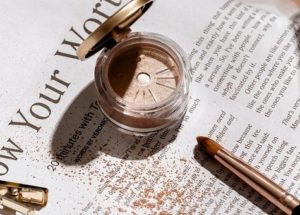By Ethan Feldman and Kelly Bonner
On January 1, 2023, New York became the tenth state to ban the sale of cosmetics tested on animals.
The New York Cruelty Free Cosmetic Act (“NYCFCA”), which took effect on January 1, 2023, prohibits manufacturers from importing for profit, selling, or offering to sell any cosmetic or ingredient in the state for which the manufacturer knew or reasonably should have known that animal testing was performed by or on behalf of the manufacturer, or manufacturer’s supplier, if the animal testing was conducted after January 1, 2023. Continue reading “New York Bans Animal Testing on Cosmetics”



